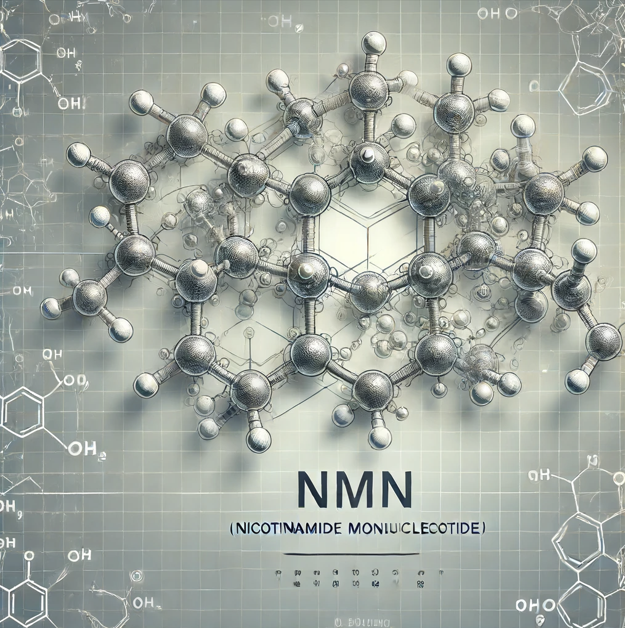What is NMN?
Nicotinamide Mononucleotide (NMN) is a naturally occurring compound that plays a crucial role in cellular energy production and metabolism. It is a precursor to Nicotinamide Adenine Dinucleotide (NAD+), a coenzyme found in all living cells that is essential for various biological processes, including DNA repair, cellular energy production, and regulation of circadian rhythms.
The Origins of NMN Research
Research on NMN and its potential benefits for human health has been ongoing for several years. However, it gained significant attention thanks to the work of Dr. David Sinclair, a professor of genetics at Harvard Medical School. Dr. Sinclair’s research focuses on understanding the mechanisms of aging and how to slow it down or reverse it. His studies on NAD+ and its precursors, including NMN, have been groundbreaking and have brought the potential of these compounds into the spotlight.
Making NMN Popular: David Sinclair’s Influence
Dr. David Sinclair is often credited with popularizing NMN through his research and public talks. His book, “Lifespan: Why We Age – and Why We Don’t Have To,” delves into the science of aging and highlights NMN as a promising compound for promoting longevity. Sinclair’s advocacy for NMN, combined with his reputation in the scientific community, has led to increased interest and investment in NMN supplements.
The Benefits of NMN
NMN has been studied for a variety of potential health benefits, including:
Enhanced Longevity: By boosting NAD+ levels, NMN may help to extend lifespan and improve overall healthspan. NAD+ is critical for maintaining the function of our cells, and higher levels are associated with healthier aging.
Improved Metabolism: NMN supplementation has been shown to enhance metabolism, which can help in weight management and energy levels.
DNA Repair: NAD+ plays a key role in DNA repair processes. By increasing NAD+ levels, NMN may support the body’s ability to repair DNA damage, which is a crucial factor in aging and the prevention of age-related diseases.
Cognitive Function: Some studies suggest that NMN can improve cognitive function and protect against neurodegenerative diseases by maintaining mitochondrial function and reducing oxidative stress in the brain.
Cardiovascular Health: NMN has been linked to improved cardiovascular health by promoting better blood flow and reducing arterial stiffness.
Key Studies on NMN
Several important studies have highlighted the potential of NMN:
2013 Study by Dr. David Sinclair: One of the landmark studies showed that NMN supplementation in mice led to improvements in muscle function and increased lifespan.
2016 Study on NMN and Metabolism: This study demonstrated that NMN could restore NAD+ levels and improve metabolic function in aging mice.
2019 Study on NMN and Glaucoma: Researchers at Harvard Medical School, including Dr. David Sinclair, found that NMN supplementation protected against optic nerve degeneration and preserved retinal function in aged mice. This study suggests that NMN may have potential benefits for preventing glaucoma and preserving vision by enhancing mitochondrial function and reducing oxidative stress in retinal cells.
2020 Clinical Trial: A small human clinical trial indicated that NMN is safe and can effectively increase NAD+ levels in healthy middle-aged and older adults.
How Much NMN to Take?
The optimal dosage of NMN can vary based on individual health status and goals. However, most studies have used doses ranging from 250 mg to 500 mg per day. It’s important to consult with a healthcare provider before starting NMN supplementation to determine the appropriate dosage for your specific needs.
Conclusion
NMN represents a promising frontier in the quest for longer, healthier lives. With influential figures like Dr. David Sinclair bringing attention to its potential, and ongoing research supporting its benefits, NMN is gaining traction as a key player in the science of longevity. As always, it’s essential to approach supplementation with careful consideration and professional guidance.

